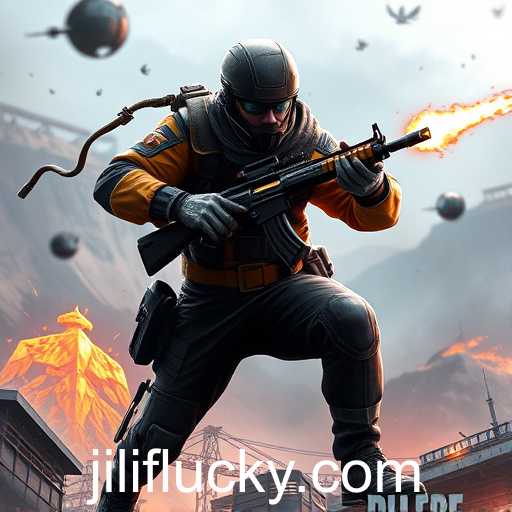In the ever-evolving landscape of digital entertainment, action games have consistently captivated audiences with their fast-paced, adrenaline-inducing formats. Among the expansive library of games available on various platforms, a specific keyword has been gaining significant traction: 'jilif.' As players and developers alike grapple with an abundance of gaming options, understanding the role and significance of 'jilif' in the context of action games is imperative.
Action games are known for their dynamic gameplay mechanics, often combining elements of exploration, combat, and narrative to keep players engaged. These games are designed to push the reflexes and strategic thinking of players, making them one of the most popular genres in the gaming industry. While classic titles like 'Call of Duty,' 'God of War,' and 'Devil May Cry' continue to dominate the genre, new games frequently emerge, bringing with them unique themes, stories, and gameplay mechanics.
The keyword 'jilif' has surfaced on the user-interaction radar of a popular gaming platform, serving as a touchstone for a subset of action games that emphasize unique mechanics or niche storytelling elements. Whether used by developers as a tag for marketing purposes or by gamers searching for specific types of experiences, 'jilif' alludes to an underground movement within the action genre. It hints at games that might offer something distinct, perhaps a twist on traditional mechanics or a refreshingly original setting.
For example, a game associated with 'jilif' might incorporate an imaginative setting or a novel combat system that challenges the conventional boundaries of what players expect from action games. This might include everything from surreal, dream-like levels to innovative points systems that reward creative gameplay. Such features attract a diverse audience, from hardcore gamers looking for a fresh challenge to casual players interested in new aesthetic experiences.
Moreover, the rise of 'jilif' as a recognized tag also reflects a broader trend in the gaming community: the hunger for discovery and the desire for personalized experiences in an otherwise saturated market. Players are increasingly seeking out games that resonate on a deeper personal level or present them with opportunities for social interaction that aren't possible in more mainstream titles.
In conclusion, 'jilif' signifies more than just a keyword — it represents a shift towards a more personalized, experimental approach to action gaming. As developers continue to innovate and as players become more discerning in their search for quality content, the significance of 'jilif' is likely to grow. Thus, embracing the diversity and innovation it represents could very well shape the future trajectory of the action game genre.








